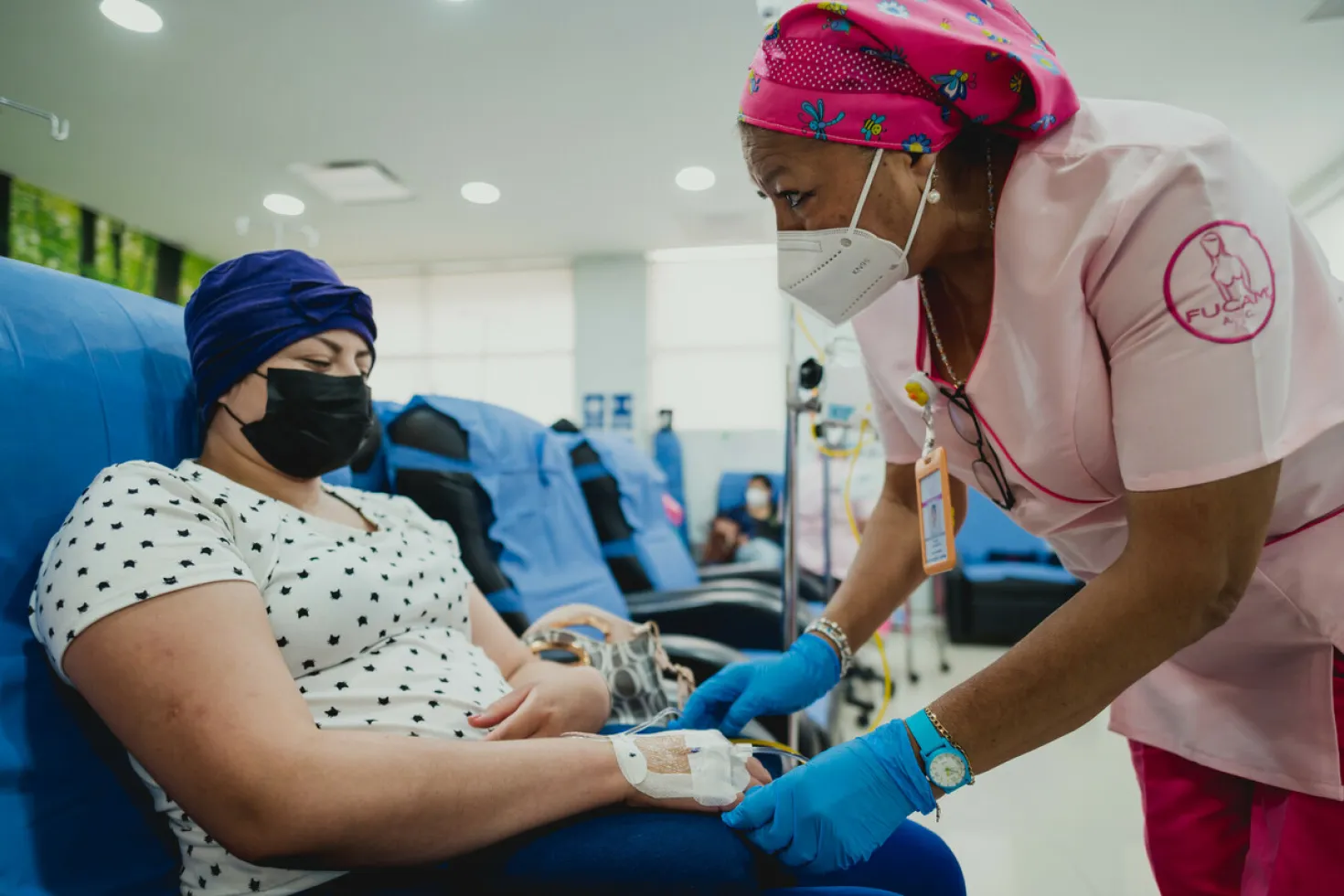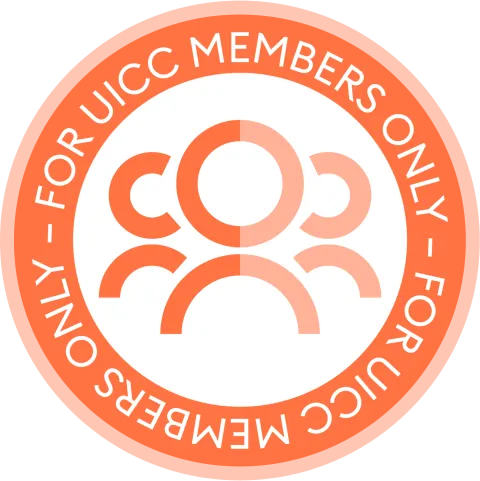Monday, 9 October 2023 - Sunday, 10 December 2023
Master Course: Supportive care - a catalyst for integrated people-centred cancer care

This course offers an overview of what supportive care is, how it contributes to patients’ wellbeing and improved outcomes, and what delivery models can be adopted to better integrate it along the cancer continuum in different contexts.
Course description
Advances in the early detection and treatment of cancer have contributed to improving cancer survival rates, making cancer, in many instances, a condition that requires care and long-term management beyond the acute treatment phase. Supportive care is an umbrella term encompassing a multitude of interventions, starting at the time of diagnosis and addressing patients’ needs along the entire cancer journey in areas such as medical, emotional, social, psychological, informational, spiritual and practical.
While greater focus in cancer care is given to initial diagnosis and treatment, or end-of-life care, there is a growing body of evidence showing that timely access to supportive care interventions can lead to improvements in quality of life and survival. Additionally, by placing the patient’s personal needs at its centre and calling for greater coordination across disciplines, oncological and non, supportive care can act as catalyst to shift cancer care towards more integrated, people-centred, models, which are essential for health care to be truly universal.
This course offers an overview of what supportive care is, how it contributes to patients’ wellbeing and improved outcomes, and what delivery models can be adopted to better integrate it along the cancer continuum in different contexts. The course will also highlight broader normative, social and cultural considerations underpinning the delivery of truly personalised cancer care with the holistic needs of the patient at its centre.
Using a mix of theoretical and applied learning, latest research and case studies, the course will offer participants with different perspectives on how supportive care can contribute to a shift from a disease-focused to a patient-centred model of cancer care.
Learning outcomes
After completion of the course participants will be able to:
- Understand the core principles of supportive care
- Describe the supportive care needs experienced by people at different stages of their cancer journey
- Recognise how supportive care impacts on quality of life and survival outcomes
- Outline different models of supportive care, their characteristics, resource implications and their relevance at different stages of the cancer continuum
- Recognise the health system-level implications for the delivery of integrated supportive care services
- Understand some of the broader social, cultural and ethical considerations around the delivery of supportive care
Course syllabus
Module 1: Overview of supportive care and its role in patient-centred care
-
Overview and definition of supportive care
-
Supportive care needs across the cancer journey
-
Supportive care frameworks and screening tools
-
Stepped care approach in supportive care
Module 2: Supportive care delivery models and implications for health systems
-
Survivorship care strategies in national cancer control plans: findings from Africa
-
Supportive care in clinical settings
-
Supportive care in the community
-
Psychosocial oncology
-
Patient navigation
Module 3: Supportive care and broader society-level considerations
-
Cultural considerations in patient-centred care
-
Social and economical impact of cancer
-
Bioethical issues in cancer care
Course delivery
This course will run over 10 weeks between October and December 2023 and is divided in three modules. Modules are released every few weeks within the period to ensure sequential, synchronous learning. Each module combines pre-recorded educational material, short quizzes, assignments and an interactive live session in which participants will be able to connect with each other and the expert presenters.
Time commitment required: approx. 1.5 hour per week.
The course is delivered exclusively in English.
Target audience

The course is particularly relevant to those working with patients and their carers whether in clinical settings or through patient groups or cancer societies. It is also valuable for those advocating for integrated quality cancer care services and those interested in people-centred healthcare approaches.
This course is supported by:


Jeff Dunn
President, Union for International Cancer Control | Chief of Mission & Head of Research, Prostate Cancer Foundation of Australia | Professor Social & Behavioural Science & Chair Cancer Survivorship, University of Southern Queensland

Suzanne Chambers
Executive Dean of Health Sciences, Australian Catholic University

Bogda Koczwara
Senior Staff Specialist, Department of Medical Oncology, Flinders Medical Centre
Event Information
Last update
Wednesday 06 September 2023